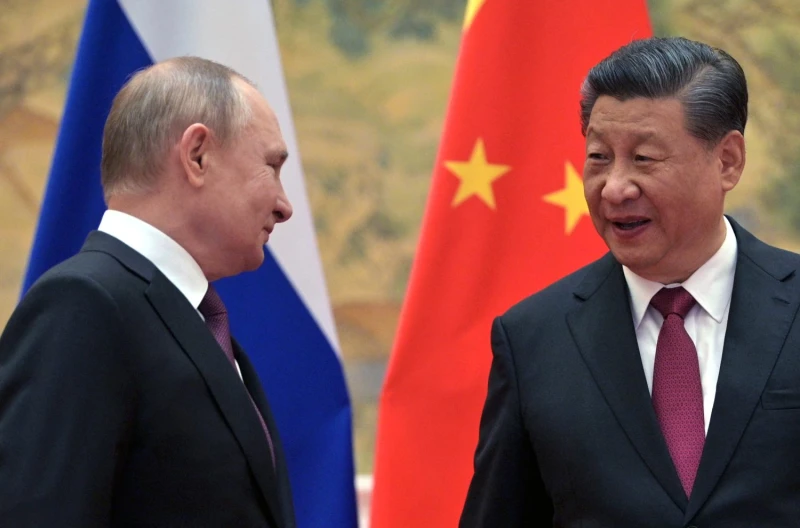China faces several challenges as a result of the Ukraine-Russia issue. The growing diplomatic ties between Russia and China were on display during the Winter Games, with Mr Putin being one of just a few recognized foreign leaders to attend. Notably, Mr Putin waited until shortly after the Games concluded to acknowledge and support Ukraine’s two separatist regions.
The Chinese government has encouraged all parties to de-escalate tensions in Ukraine in public statements. However, given that Russia has abandoned any such restraints, what does this mean for China’s official stance as tensions escalate?
Following Russia’s invasion of Ukraine, the high-stakes diplomacy saw yet another meeting of top leaders, this time between Presidents; Xi Jinping and Joe Biden. “The situation in Ukraine has deteriorated to the point where China does not want it to worsen.” “A Chinese historical and cultural tradition has always pushed for peace and opposed the conflict,” Xi reminded Biden.
Besides Ukraine, another area of contention between the two leaders was Taiwan. The Russian invasion of Ukraine has generated noteworthy worry in self-governing Taiwan, which China claims and has pledged to recover by force if necessary. The island, which Washington is required by law to arm, has increased its alert level, fearful of China using a distracting West to move against it.
“If the Taiwan problem is not addressed properly, it will negatively influence the two countries’ relationship.” I’m hoping that the US side pays enough attention. The current state of China-US ties is directly related to the failure of some Americans to implement the binding agreement struck by the two of us andMr President’s favourable words.
China sent a message to Washington DC by sailing an aircraft carrier across the Taiwan Strait just hours before the call. Xi’s remarks on Taiwan also suggest that Beijing is attempting to capitalize on the disparities in Biden’s China policy team’s viewpoints. However, there are differences of opinion within China’s leadership regarding the Russia-Ukraine conflict.
China’s ambassador to the United States, Qin Gang, submitted an op-ed in The Washington Post rejecting assertions that Chinese leaders knew about the battle ahead of time. China observers interpreted the op-ed as a possible shift in China’s approach to the war. This may not be the case since China’s vice foreign minister, Le Yucheng, blamed NATO for the conflict in Ukraine, referring to the alliance as a “Cold War legacy” and called Russia’s sanctions “outrageous.”
While the Chinese leadership’s strategy on Ukraine may have flaws, China is unlikely to develop an extensive “peace deal.” “Time will prove that China’s position is on the right side of history,”
Even though Premier Li Keqiang announced his resignation last week, we have learnt that he may return in a new capacity. “They suggested that, even though Mr Li’s tenure as premier is coming to an end shortly, he is likely to stay in a new leadership position,” the WSJ report continued.
China is well aware that aiding Russia’s incursion would exacerbate its already strained ties with the affluent democracies that are its primary trade partners, including the United States, the European Union, and Japan. Relations with these nations are at their lowest point since China launched its reform and opening policies in the 1970s. If China allied with Russia, for example, by granting economic aid or agreeing to veto UN Security Council sanctions, it would be challenging to repair those connections. Rather than that, most affluent democracies would see China and Russia as part of a communist alliance reminiscent of the 1950s.
This would make resuming any type of contact with China almost hard for many nations. The Chinese foreign ministry has said unequivocally that Ukraine and Taiwan are not comparable. While China regards Taiwan as an integral part of its territory, Ukraine is an entirely independent nation in its own right. However, the idea is similar on a deeper level. In an ideal world, the United States would be able to restart high-level dialogue with China. It could then remind Beijing that its future is as a global leader, engaging and competing with advanced countries, not slumming with energy-state autocracies such as Russia.
But there is little hope of this happening because ties between Washington and Beijing remain too frayed by recent developments. The current situation will likely persist, with Beijing taking potshots from the side while other countries try to save Ukraine’s autonomy.

